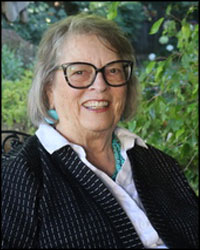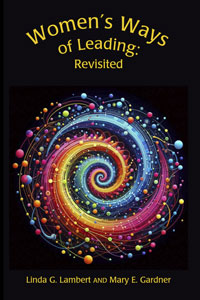Travel
« Older Entries Newer Entries »The Italian Letters-Chapter 5 scene
Saturday, August 30th, 2014
“I need to go to Rome for a couple of days, Cherie. Would you still like to come?” asked Andrea. The light from the eastern horizon flooded the terrace where Maria had laid out a small breakfast of croissants, coffee and cream, pecorino, and fig jam. Andrea opened a croissant, spreading jam on one side and topping it with a thin slice of cheese. “You remember Blackburn?”
“The codex thief? How could I forget?” Robert Blackburn was an infamous, slippery thief who owned the Tut Tut Bazaar in Cairo. It was rumored that he had stolen the original codex, but Justine suspected that was a ruse to protect the real villain, the Supreme Director of Antiquities. Still full from the night before, Justine settled for a cup of coffee. She had already dressed in her running clothes and carried her tennis shoes.
“Exactly. I have reason to believe that he might be in Rome.”
“I thought he was still in an Egyptian prison,” said Justine, genuinely surprised. “And, if you find him, you’ll walk right up to him and ask for the original codex? Just tell him Stanford is waiting with their new-fangled machines?”
“Don’t be cute!” said Andrea. “He’s been a prickly thorn in Egyptian sides for some time, so I understand they released him with the agreement that he would leave the country. All rumor, of course.”
“How will we find him? In the phone book, perhaps?” Justine began to put on her running shoes.
“In a little antiquities shop, I’m led to believe.”
“You have the most interesting informants. Tell me, do you seduce all of them?” Justine cocked her head and glared at Andrea.
“Agitated this morning, aren’t we?”
Posted in Fiction, Italy, Travel, trilogy, writing | No Comments » | Leave a Comment



 Mary Gardner, a retired educator, has dedicated much of her life to learning and leading. She was a teacher, administrator, researcher, and continues to be a writer, mentor and consultant. She and Linda are known for their original work in reframing leadership. Their latest book is Women’s Ways of Leading: Revisited.
Mary Gardner, a retired educator, has dedicated much of her life to learning and leading. She was a teacher, administrator, researcher, and continues to be a writer, mentor and consultant. She and Linda are known for their original work in reframing leadership. Their latest book is Women’s Ways of Leading: Revisited.